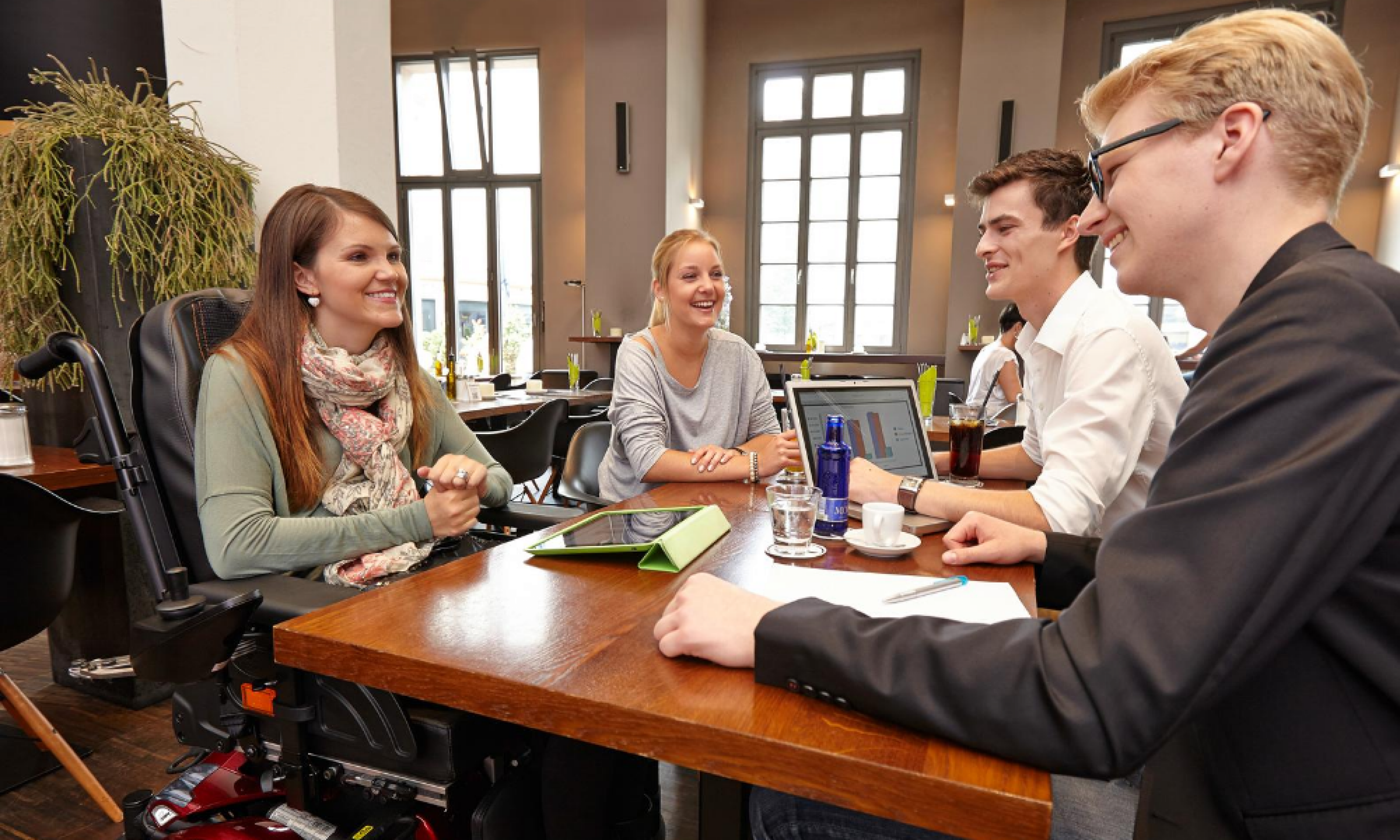Having your say on public policy and affects you – by Geoff Trappett OAM

How do you go about having your say on public policy decisions that are important to you as a disabled person? Why should you?
Whether it be commenting on the development of a new National Disability Strategy, the Australian Building Codes Board consultation on accessible housing or reviews of the Disability Standards for Accessible Public Transport (DSAPT) there are many pieces of work underway that will have a direct effect on how you as a disabled person interact with the world as an Australian citizen.
In the case of the National Disability Strategy, this is the instrument through which the Australian government reports its progress as a signatory to the United Nations Convention on the Rights of Persons with Disability. As far as key framing documents it doesn’t get bigger. The Australia Building Codes Board regulates housing design. Whether you as a disabled person would be able to visit your neighbour. The DSAPT governs inclusive transport design. Abstract and foreign bodies and terms to be sure. Yet each and every one vital to how you interact as a community member.
We must ask though does the everyday disabled person feel equipped to take part? I would think not. And we must work to change this. We must demystify these consultative mechanisms. Let's be frank, sometimes the government doesn’t make it easy. A consultation can be described as a Regulatory Impact Statement. Who knows what that is? Would you know how to respond to one? 10 years ago I wouldn’t have.
My journey from Paralympic athlete to inclusion and diversity consultant hasn’t been the norm for a disabled person. There is no norm for a disabled person's journey into being an active participant in social policy reform. We each come to these discussions informed by our own experiences. Some of them will be lived experience, some will be professional experience informed by either formal education or by a deep understanding of the lived experiences of others. But we all bring something to the table. Something that turns words on a piece of paper into outcomes that can change lives. That can open communities to be more inclusive.
The best policies and legislation is created when it is informed by not only those with technical expertise but also those with intimate lived experience of how they will be affected by the changes. Both viewpoints are valid. Both are needed.
So get out there and educate yourself. Join your local advocacy group. Reach out to your peers for their understanding of topics. Read the piece of legislation that governs what you are trying to access. Familiarise yourself with the vision of the Disability Discrimination Act. In short, actively seek to be part of a vibrant and informed disability community that aims to improve our community for the next generation of disabled people.
About the writer:
Geoff Trappett OAM is a former Paralympic Athlete. With a career that spanned 2 world championships, 2 paralympic games, a gold medal in Sydney 2000 and a world record. Following on from sport Geoff has transitioned to working professionally in multiple senior executive roles in the disability sector both within disability service providers and disabled person run advocacy organisations. Now leading his own social policy change organisation Inclusion Moves developing inclusion and diversity plans in the corporate world and speaking out on human rights and disability inclusion related issues.

Add comment